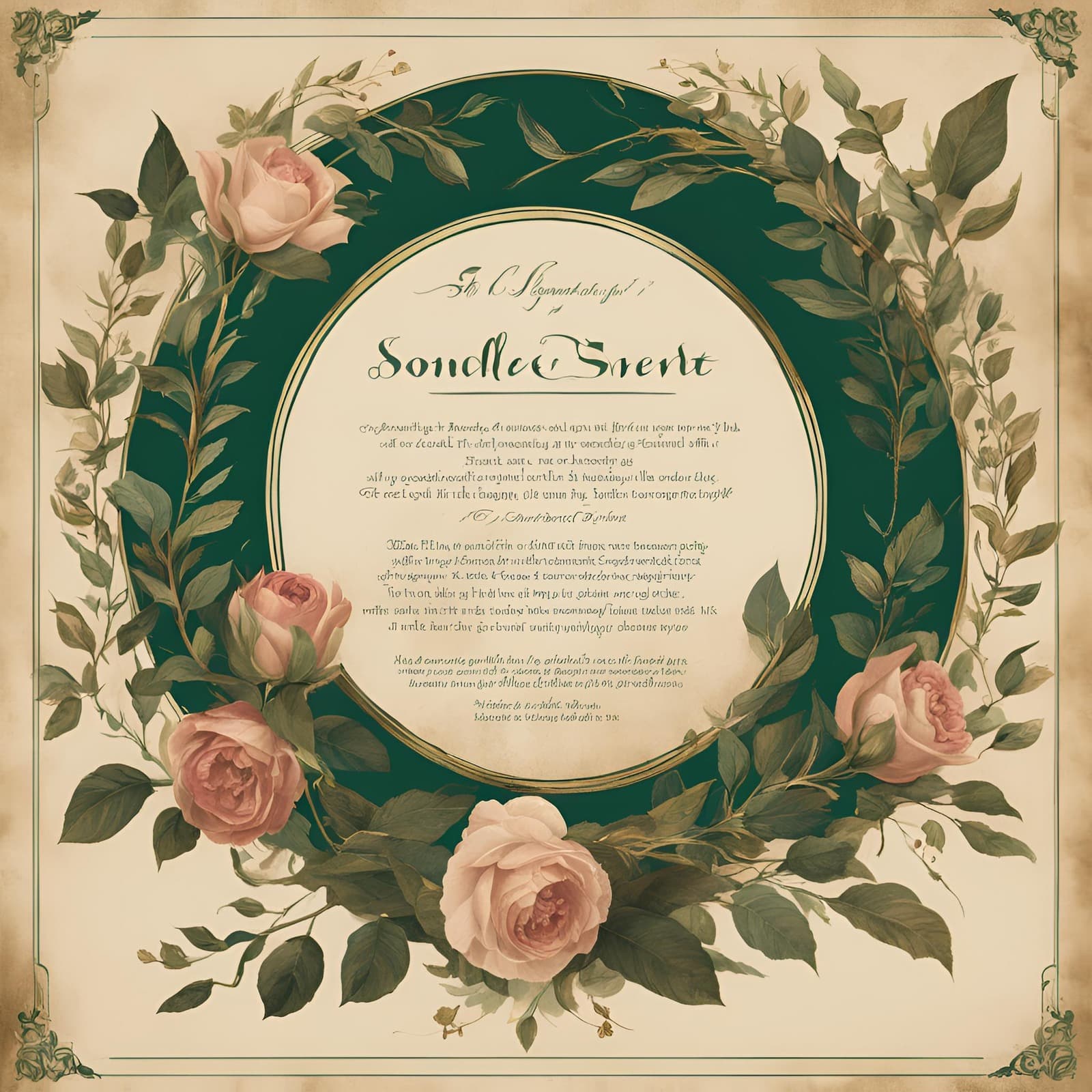莎士比亚十四行诗第141首 | 莎士比亚十四行诗
更新时间:1/19/2025, 12:32:34 PM

原文
In faith I do not love thee with mine eyes, For they in thee a thousand errors note; But ’tis my heart that loves what they despise, Who in despite of view is pleased to dote. Nor are mine ears with thy tongue’s tune delighted, Nor tender feeling to base touches prone, Nor taste, nor smell, desire to be invited To any sensual feast with thee alone. But my five wits nor my five senses can Dissuade one foolish heart from serving thee, Who leaves unswayed the likeness of a man, Thy proud heart’s slave and vassal wretch to be. Only my plague thus far I count my gain, That she that makes me sin awards me pain.
译文
说实话,我并不用我的眼睛来爱你,
我眼见千差万错在你的身上;
我的心却爱着眼睛轻视的东西,
我的心溺爱你,不理睬见到的景象。
我耳朵不爱听你舌头唱出的歌曲;
我的触觉(虽想要粗鄙的抚慰),
和我的味觉,嗅觉,都不愿前去
出席你个人任何感官的宴会:
可是,我的五智或五官都不能
说服我这颗痴心不来侍奉你,
我的心不再支配我这个人影,
甘愿做侍奉你骄傲的心的奴隶:
我只得这样想:遭了灾,好处也有,
她使我犯了罪,等于是教我苦修。
注释
诗人不用眼睛爱女郎,因为她并不美(不白)。诗人的“五官”(听,视,味,嗅,触)和所谓“五智”(漫指常识、想象、空想、推测、记忆而言)也并不对她有好感,但这些都不能说服他的痴心,他的痴心仍然溺爱着她。——第十一行:“人影”指诗人已不像是五智和五官所组织成的人或没有心的人了,因为心已经离开了诗人去侍奉女郎了。也因此,这颗心不再支配这个“人影”。第十四行:“犯罪”指诗人受女郎引诱,“苦修”指作为结果的痛苦。苦修可减轻原罪,所以有好处。